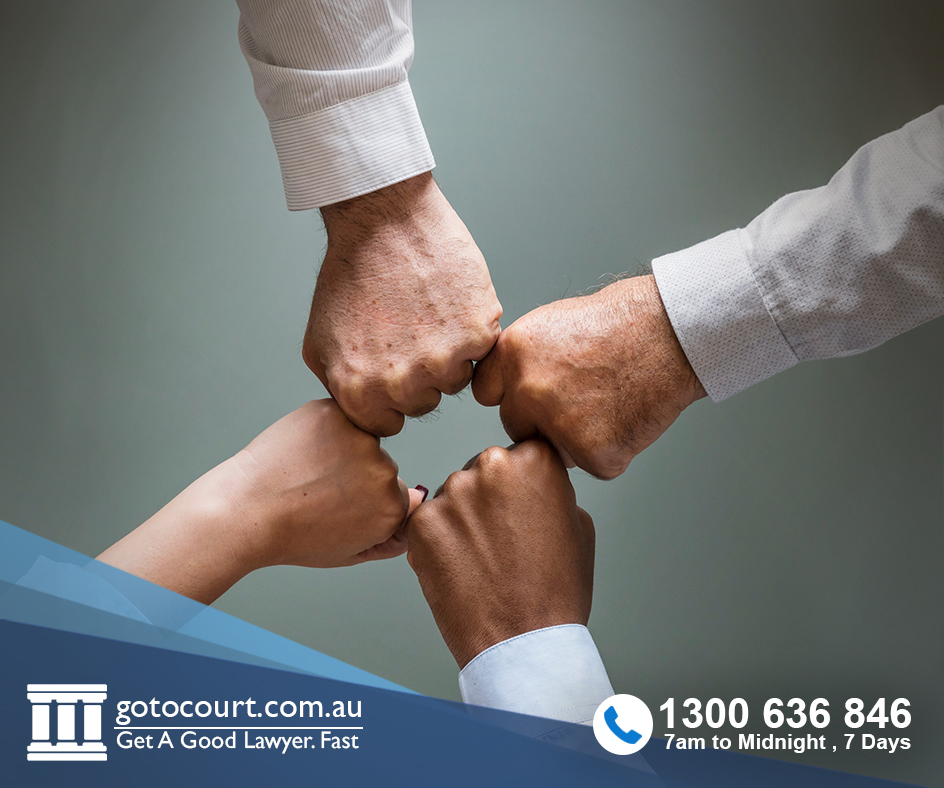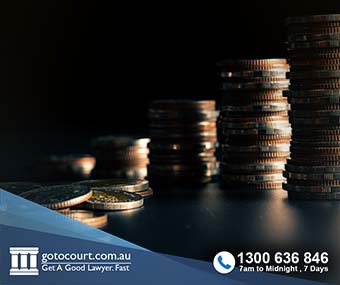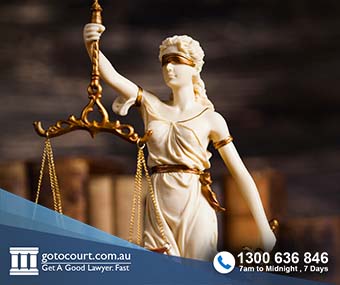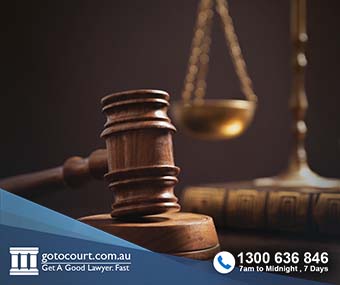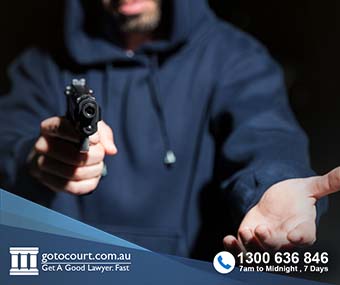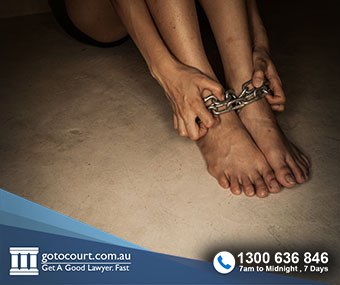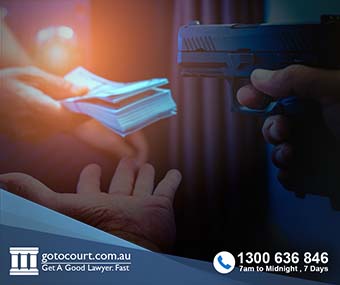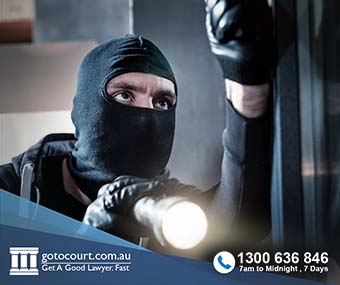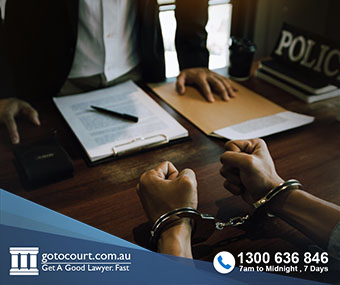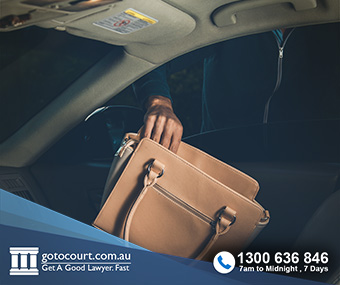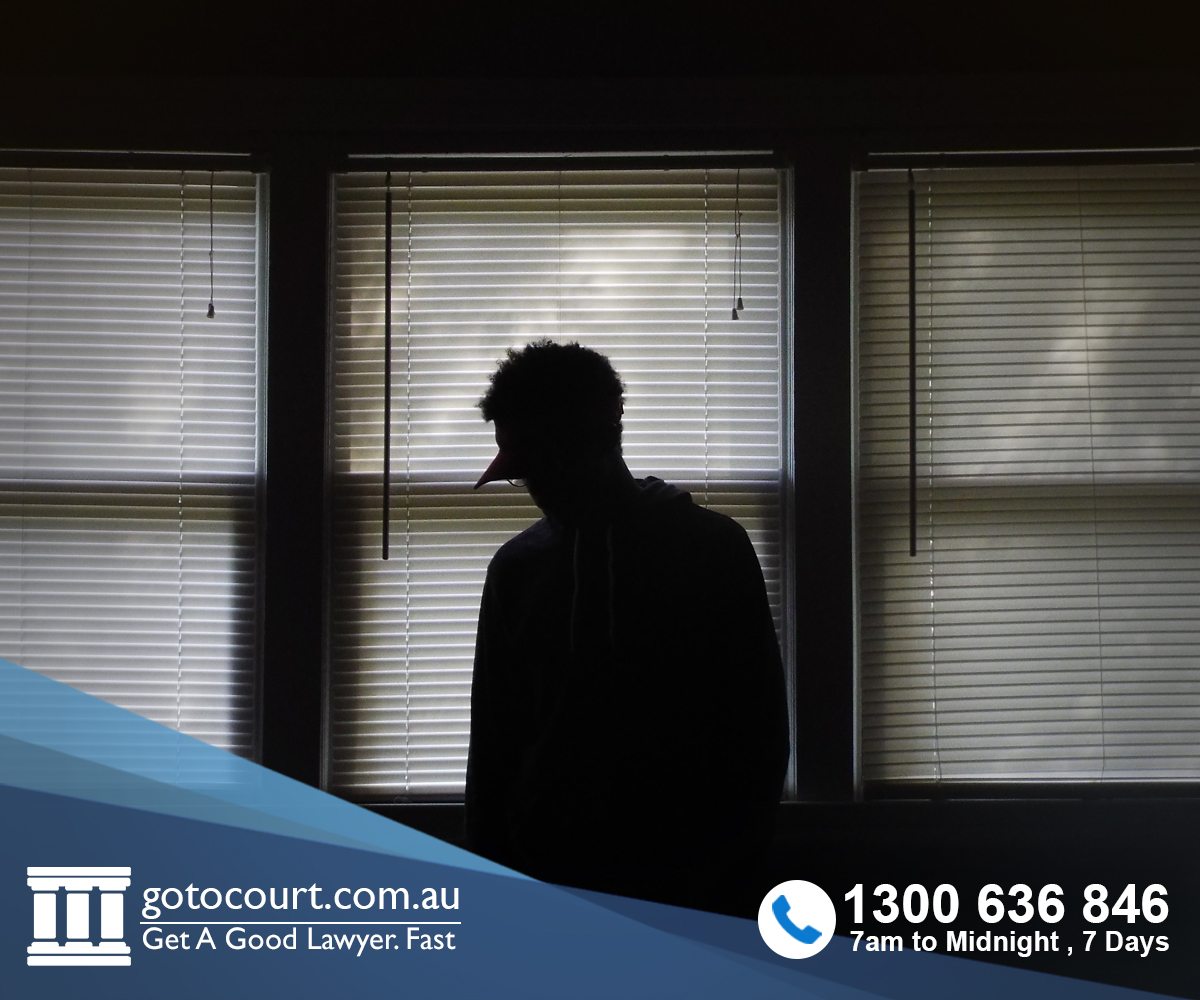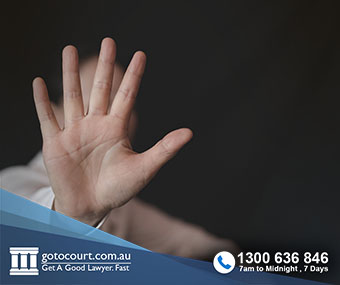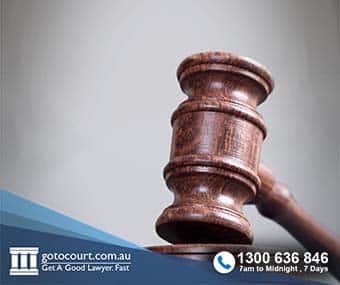Child Exploitation Material Offences (Qld)
Child Exploitation Material Offences (Qld)
There is a range of offences relating to the production and distribution of child abuse material, or child pornography, in all Australian states and territories. There are also offences relating to child pornography under the Commonwealth criminal law. While the term ‘child pornography’ is widely used to refer to this material, in some jurisdictions child abuse material or child exploitation material is preferred as it is felt that the term ‘pornography’ implies a legitimate industry.
In Queensland, the offences relating to the production of child exploitation material are governed by the Criminal Code Act. The elements and maximum penalties for each of these offences are set out below.
Involving child in making of child exploitation material
Under Section 228A of the Act, a person is guilty of a crime if they involve a child in the making of child exploitation material. The maximum penalty for this is 20 years. If the act is committed using a hidden network or anonymising service, the maximum penalty is increased to 25 years. The offence is made out if a person in any way concerns a child or attempts to involve a child in the making of child abuse material.
Making, distributing or possessing child exploitation material
Under Section 228B, a person who makes child exploitation material is guilty of an offence with a maximum penalty of 20 or 25 years, depending on whether it was done using a hidden network or anonymising service.
These offences include the actual making of child exploitation material as well as attempts to make such material.
Under Section 228C, a person who distributes child exploitation material is guilty of an offence with a maximum penalty of 20 or 25 years, depending on whether it was done using a hidden network or anonymising service.
Under Section 228D a person who possesses child exploitation material is guilty of an offence with a maximum penalty of 20 or 25 years, depending on whether it was done using a hidden network or anonymising service.
Aggravating factor
If any of the above offences are committed, it is a circumstance of aggravation if at the time of the offence, the offender was a participant in a criminal organisation or knew or ought to have known that the material was being produced in connection with a criminal organisation (Section 161Q, Penalties and Sentences Act)
Child exploitation material websites
The Criminal Code Act also establishes a number of offences relating to the use of child exploitation material websites. It is an offence punishable by a maximum of 14 or 20 years, depending on the circumstances, to administer a website knowing the website is used to distribute child exploitation material (Section 228DA). It is also an offence to encourage others to use a website that distributes child exploitation material (Section 22DB).
Defences
Legitimate purpose
It is a defence to offences relating to producing child exploitation material, if the accused proves that
- They engaged in the conduct for a genuine artistic, legal, scientific, educational, medical or public benefit purpose; and
- The conduct was reasonable in the circumstances for that purpose.
Cultural exemption
It is a defence for the accused to prove that
- At the time the material was produced, it was subject to a relevant conditional cultural exemption in relation to a showing; and
- The conduct was for the purpose of that showing.
Mistake as to age no defence
It is not a defence to any of these offences that the accused did not know the children involved were underage or believed that they were not underage (Section 229)
Material with classification
It is a defence for the accused to prove that the material is a computer game, film or publication that has been classified other than Refused Classification (RC). Material that is rated RC is effectively ‘banned’ and cannot be sold, hired, advertised or imported into Australia. Material that has been given a classification (PG, R etc) is not ‘banned’.
Forfeiture of child exploitation material
When a person is charged with a child exploitation material offence, the court may order the material be forfeited. This order may be made whether or not the person is found guilty of the offence (Section 228G). The court may also order that anything used to produce the material be forfeited, however this order can only be made if there is a finding of guilt.
Child Protection Offender Register
If a person is found guilty of any of the above offences, they are required to be placed on the Child Protection Offender Register. The purpose of this register is to keep police aware of the whereabouts and activities of child sex offenders. The period of time a person must remain on the register is dependant on how many offences they have committed. Only persons authorised by the Police Commissioner may access the information kept on the register.

Affordable Lawyers
Our Go To Court Lawyers will assist you in all areas of law. We specialise in providing legal advice urgently – at the time when you need it most. If you need a lawyer right now, today, we can help you – no matter where you are in Australia.How It Works




1. You speak directly to a lawyer
When you call the Go To Court Legal Hotline, you will be connected directly to a lawyer, every time.

2. Get your legal situation assessed
We determine the best way forward in your legal matter, free of charge. If you want to go ahead and book a face-to-face appointment, we will connect you with a specialist in your local area.

3. We arrange everything as needed
If you want to go ahead and book a fact-to-face appointment, we will connect you with a specialist in your local area no matter where you are and even at very short notice.



